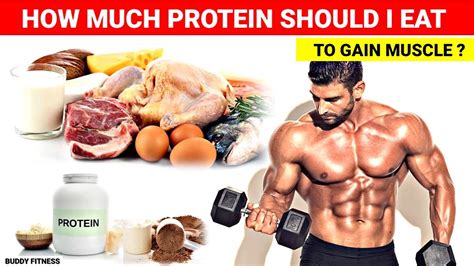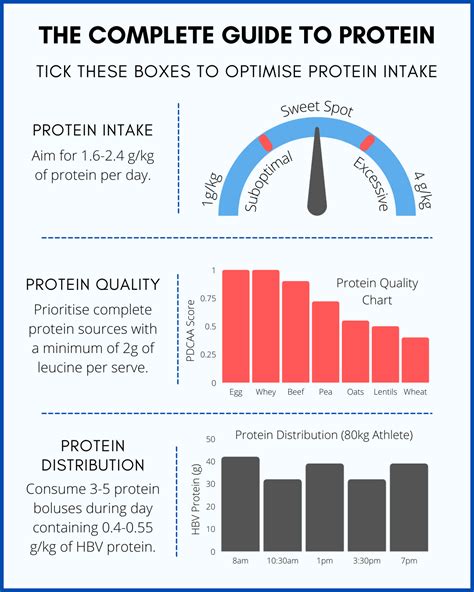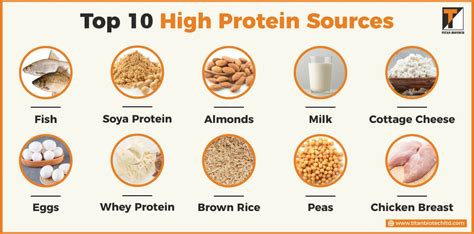How much protein do I need daily for muscle gain?

Understanding Protein’s Role in Muscle Growth
Protein is often hailed as the king of macronutrients for anyone looking to build muscle. And for good reason: it’s the fundamental building block of muscle tissue. When you engage in resistance training, you create microscopic tears in your muscle fibers. Protein provides the amino acids necessary to repair these tears and rebuild the muscle fibers stronger and larger – a process known as muscle protein synthesis (MPS).
Without adequate protein, your body struggles to repair and grow new muscle tissue effectively, potentially leading to slower progress or even muscle loss if caloric intake is too low. Therefore, consuming sufficient protein is non-negotiable for optimizing muscle gain.
Recommended Daily Protein Intake for Muscle Gain
While the general recommended dietary allowance (RDA) for protein is 0.8 grams per kilogram (g/kg) of body weight for sedentary adults, this amount is simply to prevent deficiency, not to optimize muscle growth in active individuals. For those actively seeking to gain muscle, research consistently points to a higher intake.
Most scientific consensus suggests that individuals engaged in resistance training should aim for a daily protein intake between 1.6 and 2.2 g/kg of body weight. For practical purposes, this translates to roughly 0.7 to 1.0 gram per pound (g/lb) of body weight.

For example, a person weighing 70 kg (approximately 154 lbs) would aim for 112 to 154 grams of protein per day. Some athletes, particularly those in a caloric deficit trying to preserve muscle, might even benefit from slightly higher amounts, up to 2.5 g/kg.
Factors Influencing Your Protein Needs
While the 1.6-2.2 g/kg guideline is a solid starting point, individual protein requirements can vary based on several factors:
- Training Intensity and Volume: The harder and more frequently you train, the greater your muscle repair and rebuilding needs.
- Body Composition and Goals: Leaner individuals or those in a cutting phase (caloric deficit) might need more protein to preserve muscle mass.
- Age: Older adults may experience anabolic resistance, meaning they need slightly more protein per meal to stimulate MPS effectively.
- Activity Level: Beyond structured training, general daily activity also influences overall energy and protein turnover.
- Dietary Preferences: Vegetarians and vegans may need to be more mindful of combining plant-based protein sources to ensure a complete amino acid profile.
Optimizing Protein Timing and Distribution
It’s not just about the total amount of protein you consume, but also when and how you consume it. Spreading your protein intake throughout the day is generally more effective for muscle growth than consuming it all in one or two large meals. Aim for 20-40 grams of protein per meal, roughly every 3-4 hours.

Consuming protein around your workouts, particularly a meal containing protein and carbohydrates within a few hours before and after training, can also aid in recovery and muscle protein synthesis. A casein protein source before bed can provide a slow, sustained release of amino acids during sleep, supporting overnight recovery.
Practical Tips for Meeting Your Protein Goals
Integrating sufficient protein into your daily diet can be achieved through mindful meal planning:
- Prioritize Protein Sources: Include a source of lean protein at every main meal (chicken, fish, lean beef, eggs, dairy, tofu, lentils, beans).
- Smart Snacking: Opt for protein-rich snacks like Greek yogurt, cottage cheese, nuts, seeds, or a protein shake.
- Plan Ahead: Meal prepping can help ensure you have protein-rich options readily available.
- Consider Supplements: While whole foods should be your primary source, protein powders (whey, casein, plant-based) can be a convenient and effective way to meet your daily targets, especially around workouts or when time is short.

Conclusion
For optimal muscle gain, a daily protein intake of 1.6 to 2.2 g/kg of body weight is a scientifically supported and practical guideline for most resistance-trained individuals. However, remember that protein intake is just one piece of the puzzle. Consistent resistance training, adequate calorie intake (often a slight surplus for muscle gain), sufficient sleep, and overall balanced nutrition are all crucial for maximizing your muscle-building potential.









